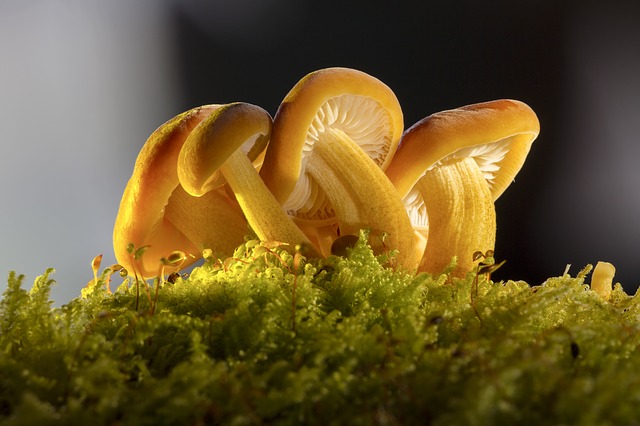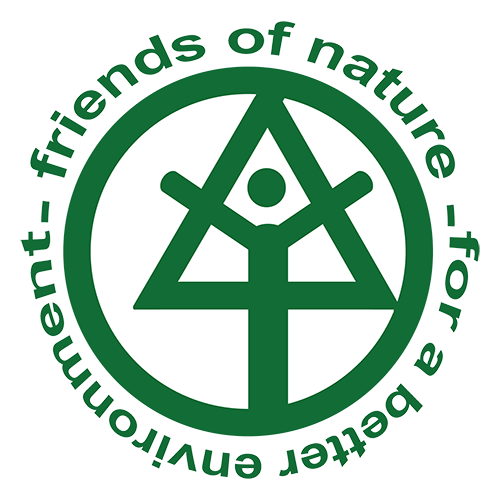Skip to content
- Home
- The Fourth Decade (2000’s)

A DECADE OF INTERNATIONAL EXPOSURE
After accomplishing long lasting projects on the ground, the momentum was geared to continue to serve the same objectives and mission for more radiant achievements and to raise the level of interaction to a new dimension. It was time to engage the Lebanese diaspora at helping in the protection of their heritage, as well as to bridge with international bodies in order to bring environmental activity to global recognition.
A- LEBANESE DIASPORA
A.1 – International Festival For Lebanese Immigrants
FON tried to reach as many of the Lebanese immigrants from home believing that those who visit Lebanon still maintain a strong link with the motherland.
o This is a capital to be invigorated toward preserving the assets of Lebanon the way they knew it, saw it and kept it in their memory.
o They are important assets to instill change stemming from the more enhanced background they bring from their countries of their new nationalities.
Annually, FON took part in the International Festival for Lebanese Immigrants projecting to the diaspora another image of Lebanon, and delivering the message of their imperative engagement in the conservation of assets, particularly in their villages and surrounding where they would have a strong impact.
A.2 – Visiting Diaspora
A plan of action was designed to visit the Lebanese diaspora at their current home countries in order to bring their attention back to the homeland, particularly that many still have immense inherited property in Lebanon which is most of the time abused due to their absence. The message was:
o Care for your properties of the old Lebanese houses of red tiles and the terraced gardens of the grand grandparents so they would not dilapidate.
o Maintain the natural aspect of your properties to save Lebanon’s nature and keep safe havens for biodiversity on your land.
o link with the municipalities or mayors of your villages to refuse the logging of your lands or the transformation of its green assets into charcoal, and more
Several countries were visited including: Australia, England, US, Germany,… Lectures were delivered with visual documentation to show evidence of the importance of Lebanon’s natural assets and the mode of destruction in order to instigate the diaspora to act in favor of preservation of assets.
B- INTERNATIONAL BODIES
Several international bodies were contacted to establish measures of collaboration and bring to Lebanon new experiences. Here are some examples.
B.1 – National Trust – UK
The National Trust is a centennial organization structured to accept property from the citizens in donation. The trust is thereafter entrusted to maintain the property in its natural state with restoration and renovation of the included constructions in old palaces, churches, country houses, etc.
FON visited the National Trust on a pre-planned program of tours designed to check the sites under the care of the trust in various areas of the UK, and to equally learn of the satellite management units that are responsible for the sites. Following the tour program was a series of meetings with central administration.
This collaboration resulted in the preparation of a project to create a similar trust body in Lebanon based on the structure and organization of the National Trust-UK and one that operates in close exchange of expertise. The aim of the project was to create a structure to help protect and preserve private property in Lebanon for posterity under the permission of the owners.
The structure of the Lebanon trust, its legal obligations toward the property owners, the integrity of its mission and the long-term management of the terrain were drafted into a proposal and a prototype law to allow the management of private property as nature reserves. The portfolio was presented to the government for channeling and to be later sent to the parliament. Unfortunately, the process was stopped at the level of government.
B.2 – Royal Botanical Gardens – Kew and Seed Banking
With the help of the Embassy of the United Kingdom, FON established links with the Royal Botanical Gardens – Kew for collaboration on biodiversity research to better acknowledge the value of the Lebanese flora, particularly the endemics.
The visit to Kew Gardens included meetings with the heads of departments and administration to discuss means of collaboration. FON contributed by delivering a series of lectures to sensitize the scientists at Kew. FON Secretary General Dr. Ricardus Haber exposed the richness of the native flora, the diversity of the ecological systems, and the already invested efforts in nature conservation with the role-played by FON.
FON efforts resulted in
o the strengthening of collaboration ties and efforts through exchange of scientific modules and experience. Several scientific teams visited Lebanon thereafter to work on particular floristic symbols.
§ Bulbous plant scientists visited Lebanon and surveyed a good part of the landscape. FON guided the scientists and partly accommodated them on their visit.
§ Fritillaria specialists came to Lebanon in search of the different species and the verification of their taxonomy. FON guided and assisted in the research.
o the dedication of a section at the Seed Bank of the Royal Botanic Garden of Kew to preserve seeds from the flora of Lebanon, providing higher attention to endemic, threatened and endangered species.
The project paved the way for more collaboration with Lebanon and its academic establishments.
-
RBG-KEW assisted in the revival of the Post Herbarium at AUB
-
Several projects were funded to collect seeds from Lebanon and protect samples in the Seed Bank of KEW
-
It finally inspired the creation of a seed bank in Lebanon affiliated with the LARI and the Ministry of Agriculture, planned and executed with international guidance and support.
Scroll Up

